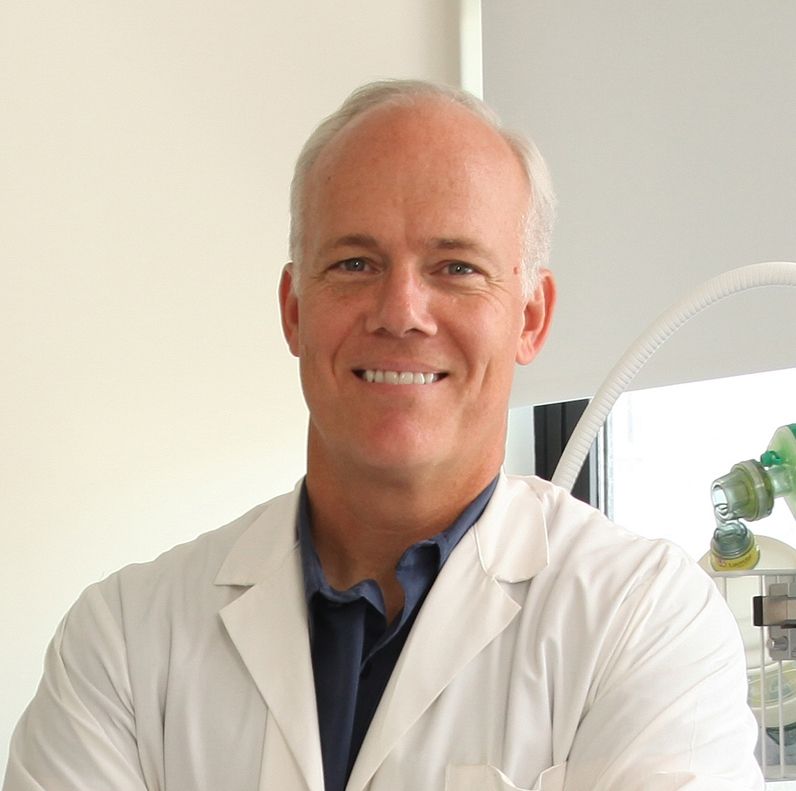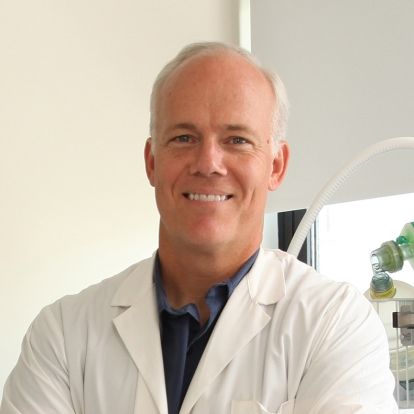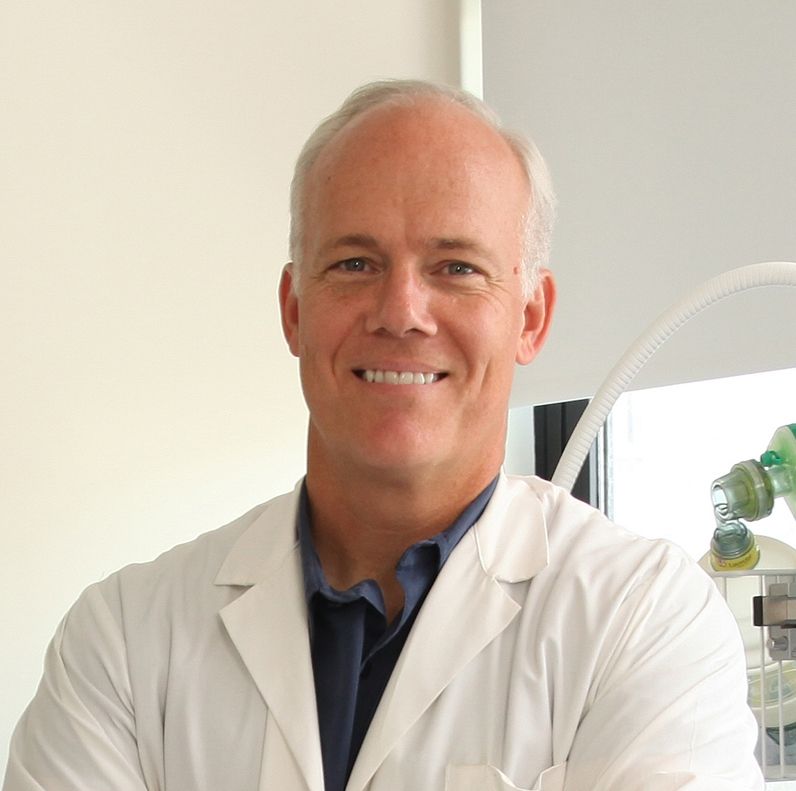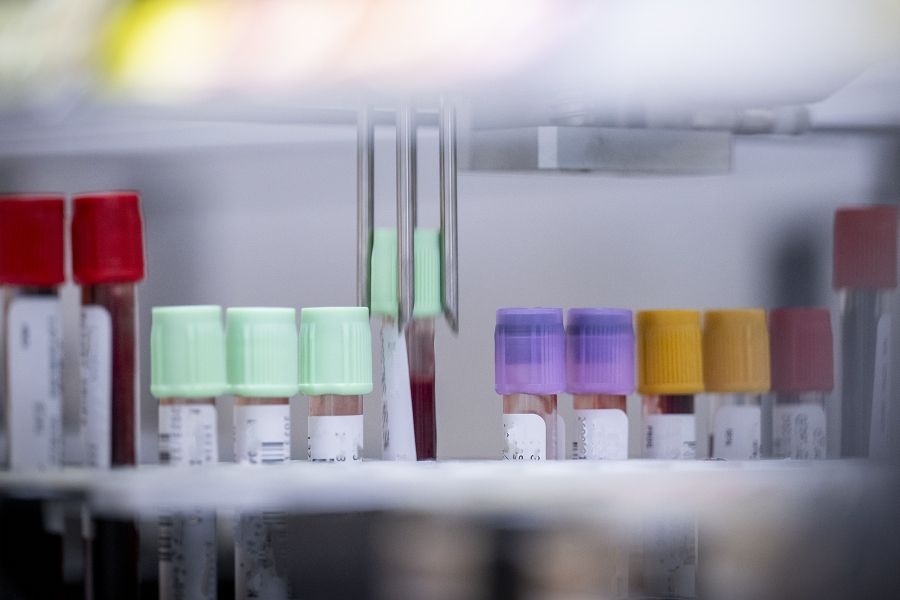
KINGSTON – A KGHRI clinician-scientist has been awarded $2.9 million to test whether a simple, inexpensive nutrient can improve the recovery of heart surgery patients.
The four-year international study, led by Dr. Daren Heyland, will examine the effects of high-dose selenium on how quickly cardiac patients recover from surgery, while also tracking the occurrence of complications, or other quality of life concerns, after surgery.
“Expensive, high tech drugs or other treatments are not always the best options,” says Dr. Heyland. “We aim to show that a simple, inexpensive, naturally occurring substance can affect health and health outcomes of patients undergoing a serious, potentially life-limiting operation.”
Well-known for its beneficial effects on the immune system, selenium is also an antioxidant that helps prevent cell damage.
Coordinating the study worldwide will be Dr. Heyland’s research team at Kingston General Hospital’s Clinical Evaluation Research Unit. The unit has managed research studies conducted in critical care units around the world, and led several projects aimed at improving the care of seriously ill, elderly patients.
“Just as our group has created the evidentiary basis for and developed practice guidelines related to the management of seriously ill, older patient with other conditions, we hope to dramatically change clinical practice and improve health outcomes for these patients undergoing cardiac surgey,” says Dr. Heyland.
Over one million patients annually undergo cardiac surgery worldwide. Despite substantial advances in technology and treatment, between 15 and 20 per cent of cardiac surgery patients experience complications, while approximately three to four per cent die following the procedure. With a growing population of elderly cardiac patients, many with multiple health issues, there are concerns that these rates of complications and death could increase.
The SUSTAIN (SodiUm SeleniTe Administration IN Cardiac Surgery) study will test 1,400 patients in Canada and Germany, with patients receiving either the supplement or a placebo before surgery and afterwards, as soon as they are admitted to the ICU. Patients will continue to receive daily doses for up to 10 days, or until they leave the ICU.
Funding for the study was granted from a not-for-profit Canadian research foundation. An earlier pilot study was carried out with support from the Canadian Institutes of Health Research (CIHR).





